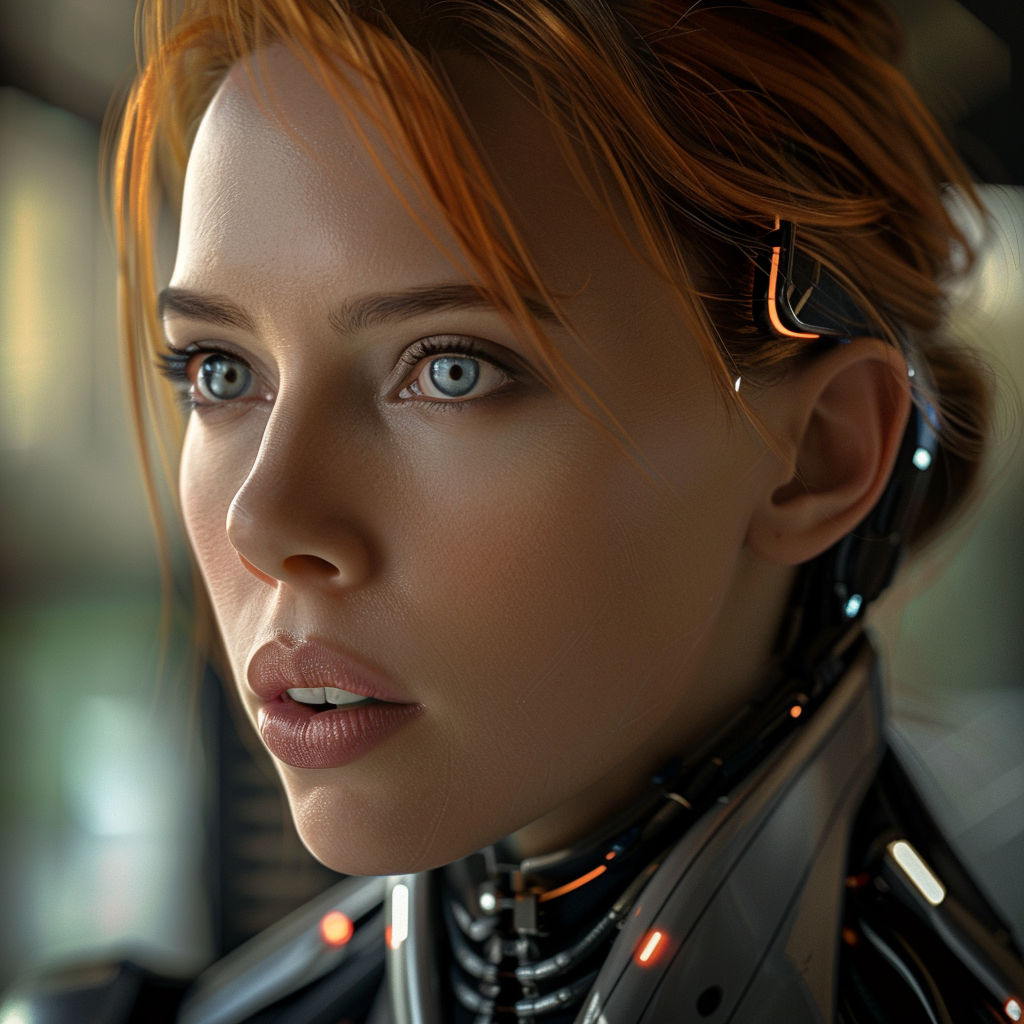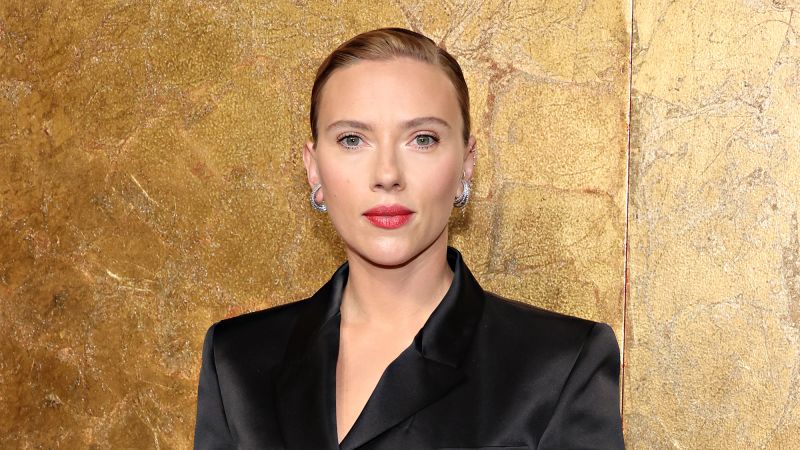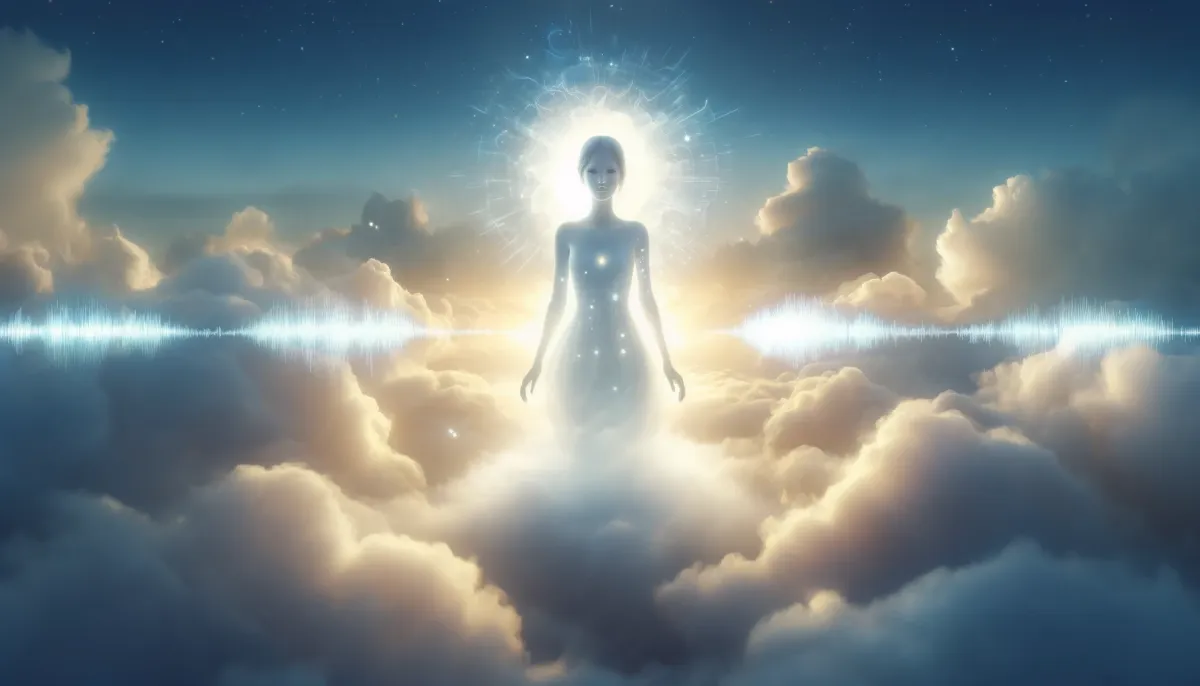Who Is She in 'Her'?

Without question, the Sky/Samantha/Scarlett debacle is a PR nightmare for OpenAI. But is it a legal one?
While I'm no lawyer, I'll just ask the obvious question here: can someone sue over the (rather nebulous) notion that someone else sounds like them? Framed that way, it yes, sounds silly. But presumably Scarlett Johansson's team, if they decide to go ahead with an actual lawsuit versus just the threat of one, will try to argue that the intent here was to mimic her voice in yes, Her. And that both the movie and the actress have rights around the performance and likeness (in this case, voice likeness). On the other side, this part will undoubtedly be key for OpenAI:
We believe that AI voices should not deliberately mimic a celebrity's distinctive voice—Sky’s voice is not an imitation of Scarlett Johansson but belongs to a different professional actress using her own natural speaking voice. To protect their privacy, we cannot share the names of our voice talents.
If the voice truly is "her own natural speaking voice" it's hard to believe there's much to be done here from a legal perspective. But I suppose "natural" will have to do a lot of heavy lifting there. What is, say, Elizabeth Holmes "natural" speaking voice? This also doesn't seem like something that would fall under fair use/parody protection. But it's all just so nebulous. Just take this article's opening:
In September of 2023, we introduced voice capabilities to give users another way to interact with ChatGPT. Since then, we are encouraged by the way users have responded to the feature and the individual voices. Each of the voices—Breeze, Cove, Ember, Juniper and Sky—are sampled from voice actors we partnered with to create them.
What are we to make of "sampled" here? Presumably this just means that while these voices have the ability to say pretty much anything, obviously OpenAI didn't record them saying everything in every language. But again, that goes back to the "natural" voice thing. Can a voice be "natural" if it's extracted from a sample? Is this the same thing as a Deep Fake? Or is it just similar? Deep Fakes, of course, often use a likeness that's already similar to whomever they're trying to fake – perhaps most famously, the Tom Cruise guy. It all feels very gray...
And certainly Sam Altman hasn't helped matters with his tweet – and the fact that he reached out to Johansson multiple times, per her complaint, to try to work with her, which she rejected. Again, this goes back to intent. Of course, if 'Sky' truly was "created" before they contacted Johansson, that might clear the air a bit. But still, the reach-out happened. And the fact that OpenAI felt the need to publish this blog post before Johansson went public with her complaint also isn't a great look...
And none of this even speaks to the broader issues at play here (though Johansson smartly ties them into her complaint): legality aside, the optics of an AI company using their technology to do all of this plays directly to the fears of many creatives. And that's the other half of what this post is clearly about:
We support the creative community and worked closely with the voice acting industry to ensure we took the right steps to cast ChatGPT’s voices. Each actor receives compensation above top-of-market rates, and this will continue for as long as their voices are used in our products.
Said another way: we're not crushing the souls of talent here. In fact, we're working with them. Except for Scarlett Johansson.
Update: The article below has more on the potential legal problems here...

This part, in particular may indicate a precedent problem for OpenAI:
In 1988, the singer Bette Midler won a lawsuit against Ford Motor Company over an advertisement featuring what sounded like her voice. In fact, the song in the ad had been recorded by one of Midler’s backup singers after Midler turned down the opportunity to record the ad. The similarities between the reproduction and the original were so striking that some people told Midler they believed she had performed in the commercial.
The US Court of Appeals for the 9th Circuit ruled in Midler’s favor.
“Why did the defendants ask Midler to sing if her voice was not of value to them?” the court wrote in its decision. “Why did they studiously acquire the services of a sound-alike and instruct her to imitate Midler if Midler’s voice was not of value to them? What they sought was an attribute of Midler’s identity. Its value was what the market would have paid for Midler to have sung the commercial in person.”
And:
In a similar case decided by the 9th Circuit in 1992, the singer Tom Waits won $2.6 million in damages against the snack food maker Frito-Lay over a Doritos ad that featured an imitation of Waits’ signature raspy voice. The court in that case doubled down on its decision in Midler, further enshrining the idea that California’s right of publicity law protects a person’s voice.
Precedent, of course, is a powerful thing. And the above would seem to be major issues OpenAI would have to overcome in any lawsuit filed by Johansson. There are still all sorts of gray with all of this – notably, OpenAI could say they weren't trying to "sell" anything here. Or, again, that they weren't trying to imitate her voice.
But that Altman tweet is all kinds of not great for the latter argument, regardless of the intent at the time of recording...
Update May 23, 2024: Some further clarity on the picture thanks to some OpenAI documents and 'Sky' herself...



